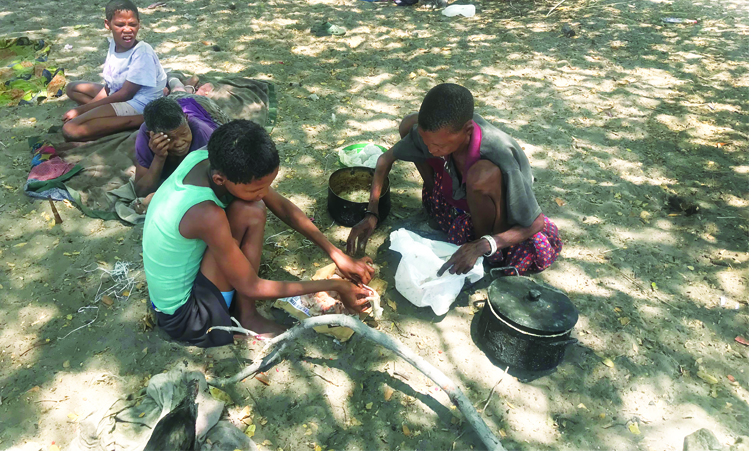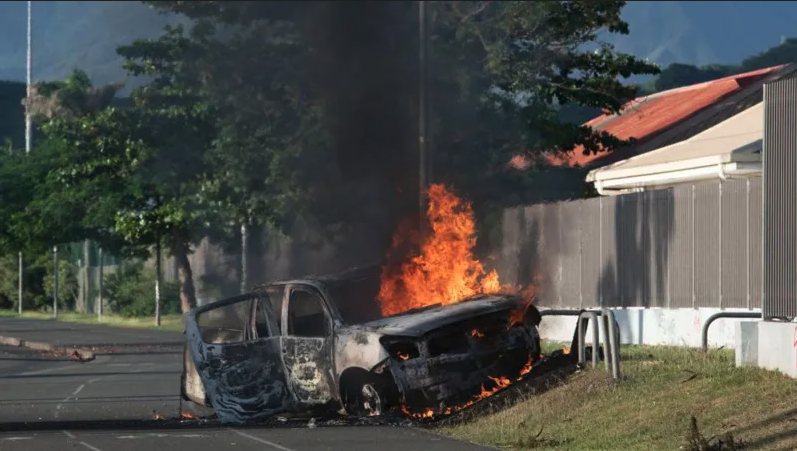Namibians in rural areas spend 56,6% of their income on food and beverages, a report by the United Nations (UN) says.
On housing they spend 23,90% of their income.
This was revealed during the Bank of Namibia’s 24th annual symposium hosted in Windhoek yesterday under the theme ‘Transformation of the Rural Economy in Namibia’.
“The agriculture sector employs 167 242 people, however, most of them are operating in the informal sector of the economy and spend 56,6% of their income on food and beverages,” said Eunice Ajambo, an economist and development coordination officer of United Nations Namibia.
She said centralised powers and functions, as envisioned in the decentralisation policy, have not been meaningfully implemented in Namibia yet.
“Policymaking processes should become decentralised to allow those at the bottom to participate and have a voice in the policies that will affect them in order for the policies to be effective and achieve the desired goal,” Ajambo said.
According to the report the decentralisation policy aims to give more power and resources to regional and local governments while still maintaining a unified national identity and values.
Speaking at the event, the governor of the central bank, Johannes !Gawaxab, said to transform Namibia’s rural economy, investment in sustainable agriculture is required.
“Agriculture holds the key to rural economic transformation and is already playing a vital role in the rural economy, providing employment opportunities and food security. To revive and transform the rural economy, we must make agriculture a business, where agri-entrepreneurs are grown and nurtured,” he said.
!Gawaxab said Namibia’s rural areas have been forgotten and have become zones of economic misery with high levels of poverty, unemployment, and limited access to basic services.
“Essential service providers, including financial institutions, shy away from rural areas, which exacerbate inequality and financial exclusion.
“The disparity between rural and urban areas not only undermines overall economic development, but also exacerbates social inequality and hinders the country’s progress towards achieving the goals of Vision 2030,” he said.
Emma Haiyambo, the director of research and financial sector development at the central bank, said although policies are already in place to boost rural economic development, these policies could still be enhanced.
“This involves incorporating region-specific analyses in the formulation of new rural development policies and strategies,” she said.
According to Haiyambo, the government should introduce a rural development act to tackle the issue of overlapping policies and poor coordination of rural policies.
She said wholesale and retail trade, agriculture, fishing and forestry, and accommodation and food services are the top economic activities undertaken in the rural areas.
“Ninety percent of accommodation and food services are beverage serving activities, such as bars, which is the largest economic activity, however, 78% of all rural businesses remain unregistered due to cumbersome registration procedures.”
Economist Salomo Hei said there is an increase in the standard of living, which means there is little to no disposable income for those in rural areas, which is why most rural residents spend their income primarily on food and beverages, followed by housing.
“You can only save if you have additional disposable income. In the absence of additional disposal income, it means you would have to spend on the essentials for your subsistance, meaning you are living form hand to mouth.
“Unfortunately this is the reality of poverty and low-income levels in the Namibian economy,” he said.
Omaheke governor Pijoo Nganate said the available statistics indicate the reality of the people in the region.
“If we look at the lifestyles of people, there are clear indications that we spend money on things that are essential, such as food.
“There is no money to spend on luxury. If you visit a school there are three cars, but the school has 32 teachers,” he said.
Stay informed with The Namibian – your source for credible journalism. Get in-depth reporting and opinions for
only N$85 a month. Invest in journalism, invest in democracy –
Subscribe Now!






